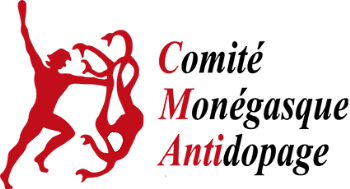PROTECTION AND RESPONSIBILITY
The fight against doping is primarily an act of protection for athletes and sports in general, but also an act of social responsibility. The career of a top athlete is usually short and often with significant sacrifices.
The quest to go beyond oneself, although characterized by a certain nobility, requires a personal investment that can reach the limits of the body. Injuries, overtraining, underperformance, and surrounding pressures make the athlete an incredibly strong and fragile individual, physically and psychologically.


RESPECT FOR SPORT, RESPECT FOR BODY
To fight against doping is, beyond the repressive aspect, to give these sportsmen various possibilities of choosing by helping them to take the right decision at the opportune moment, in the respect of their own bodies.
Information and education in sport are therefore essential in any anti-doping program which is intended to be effective and they seem to be the corollary of the fight against doping.
FUNCTIONS OF CONTROL
Anti-doping control, for its part, has a triple function.
First, it is a means of identifying people who do not respect the rules of the game and then punishing them. The dissuasive nature of anti-doping controls is also well established and therefore gives them an undoubted preventive value. Finally, as a political and social instrument, a well-conducted anti-doping program, respectful of the practices recommended by international standards, becomes a guarantee of legitimacy, integrity and exemplarity.

It is therefore important to allow our champions of today and tomorrow to compete in conditions of equity, by respecting their own sacrifices and by saying no to doping.

